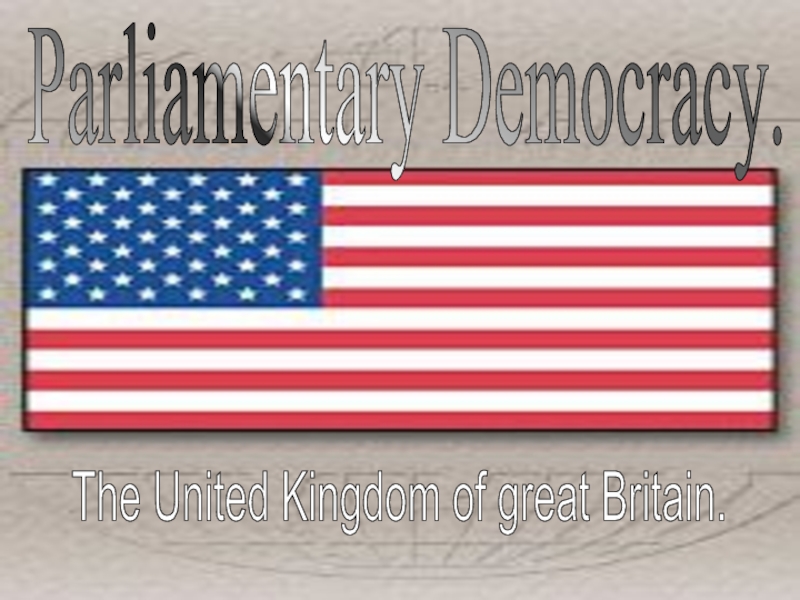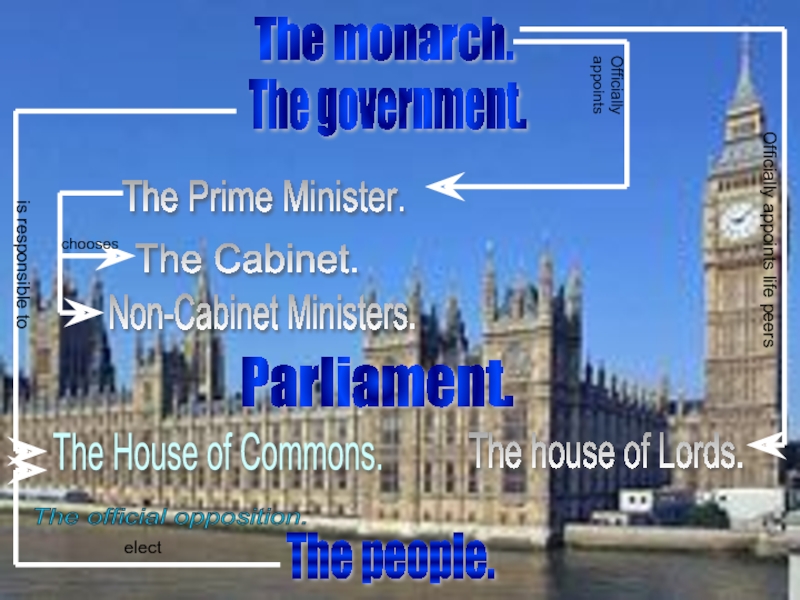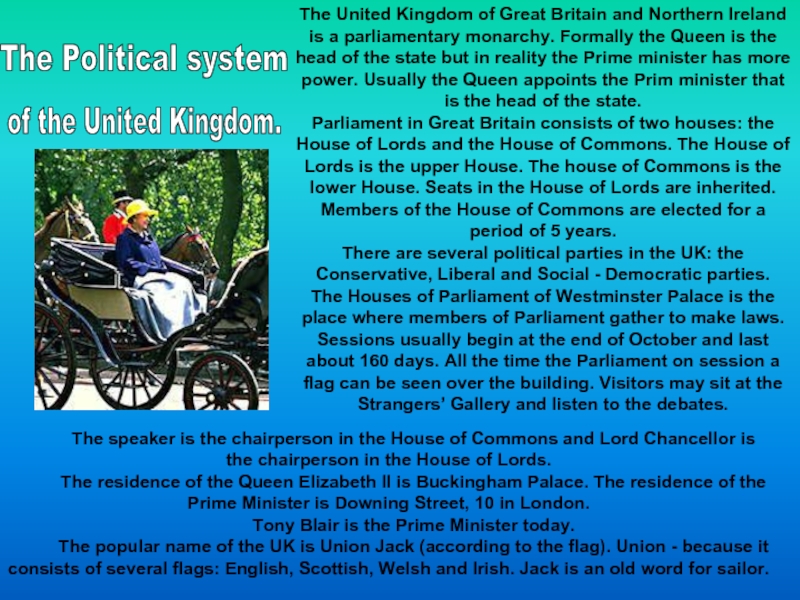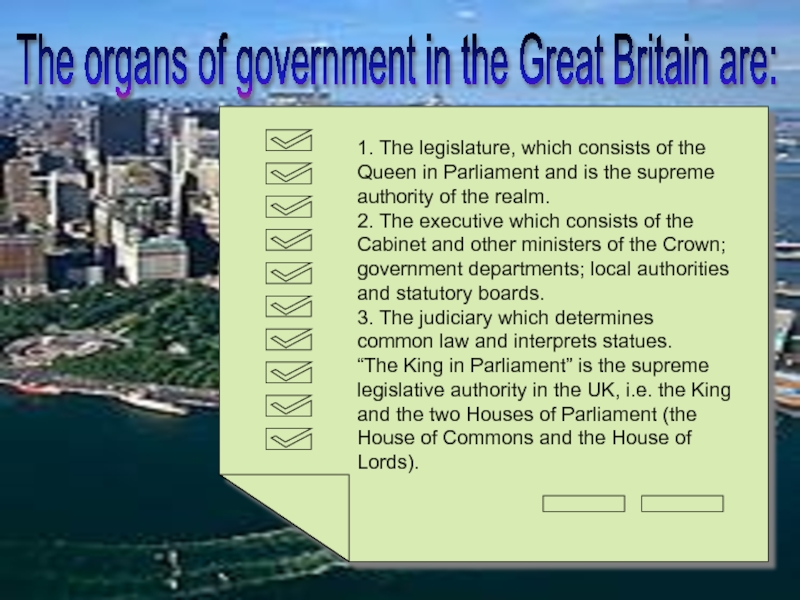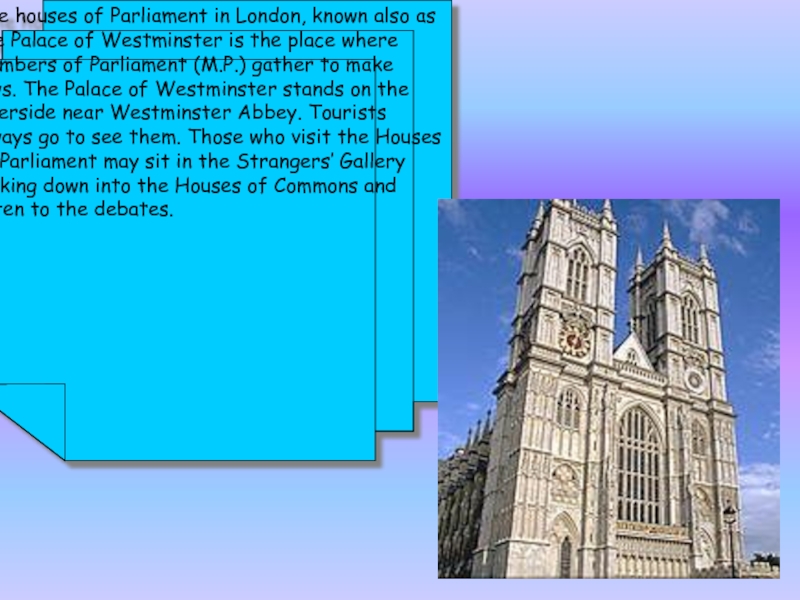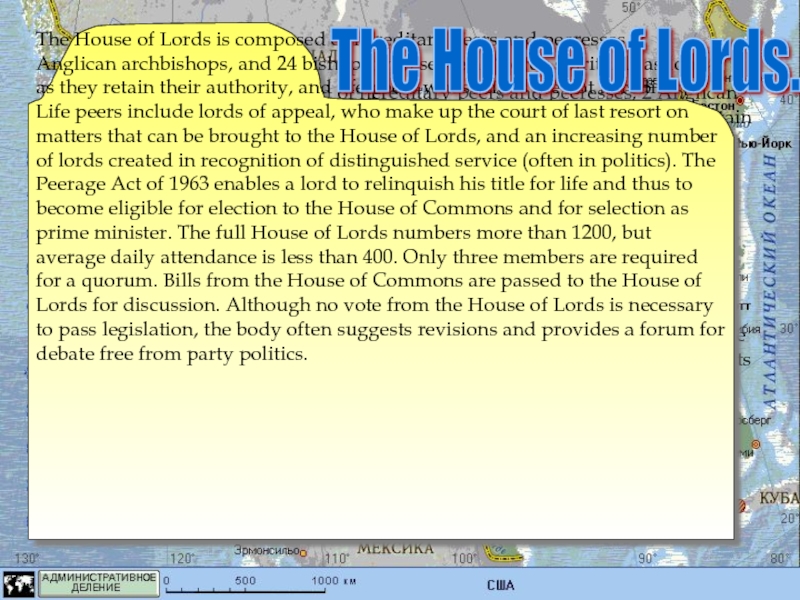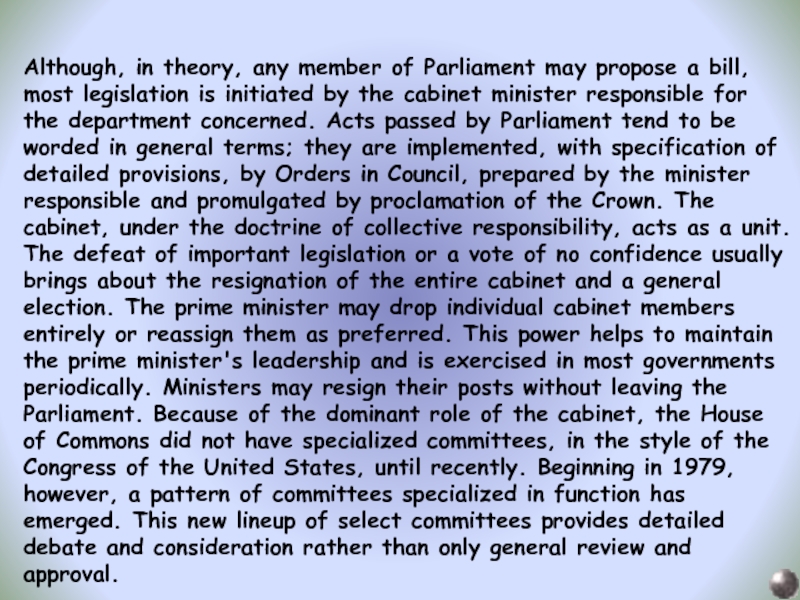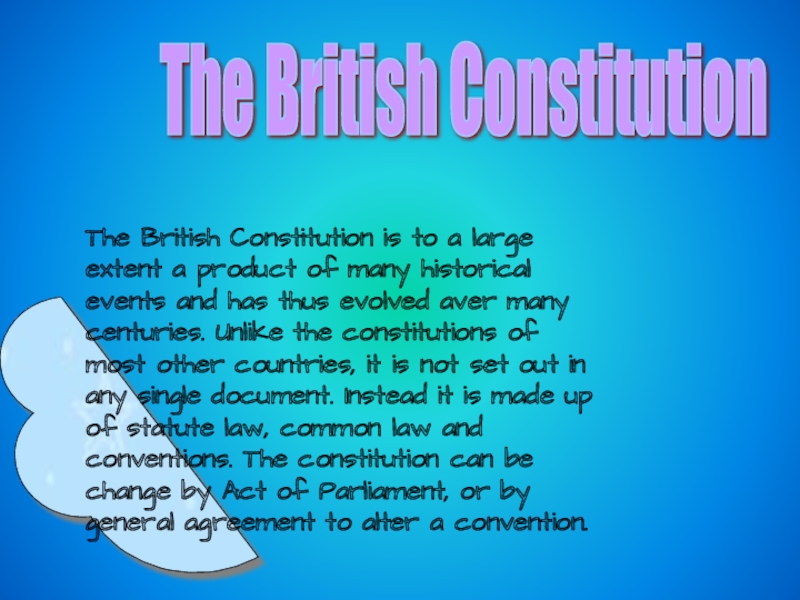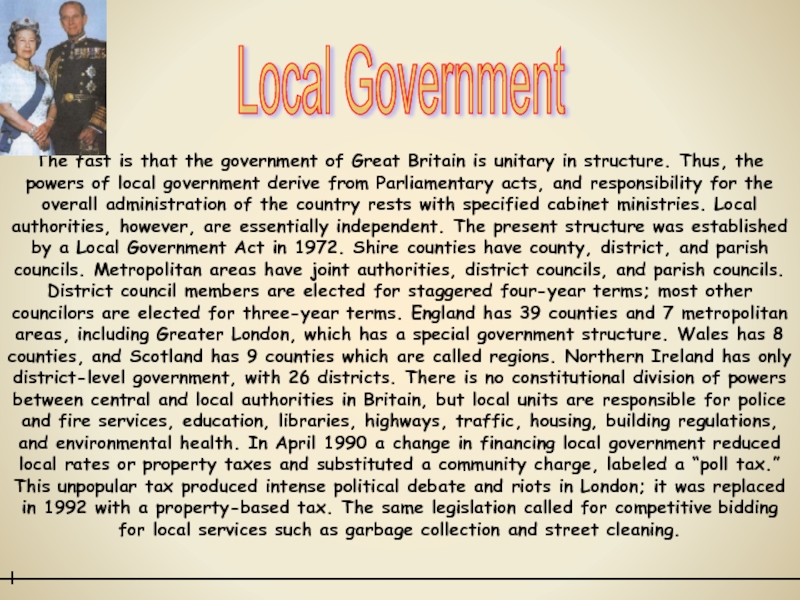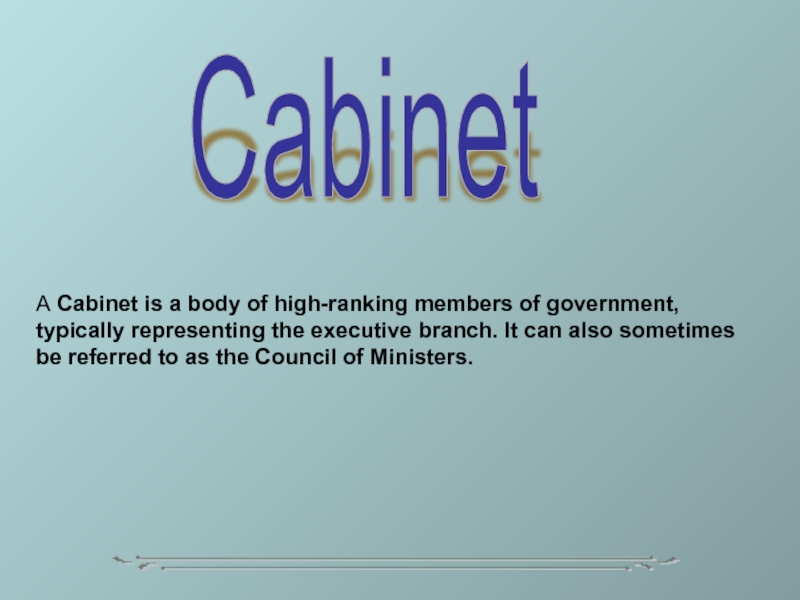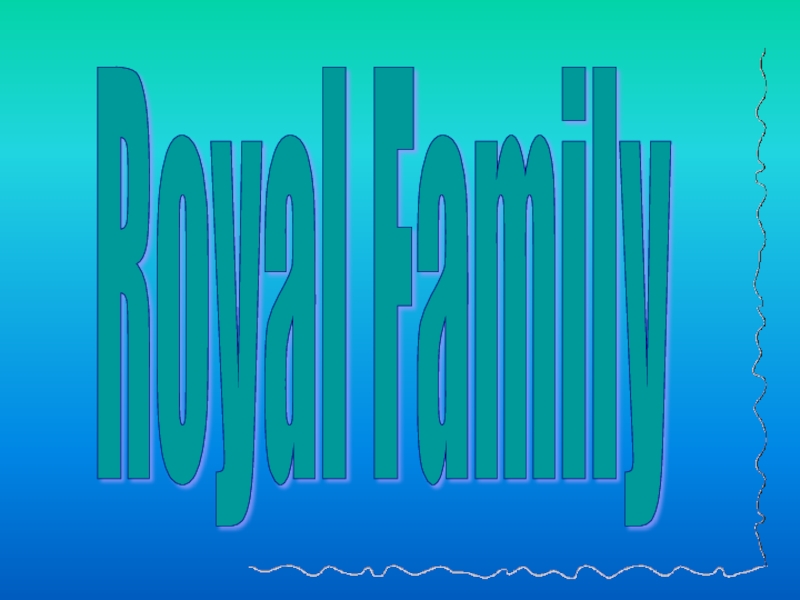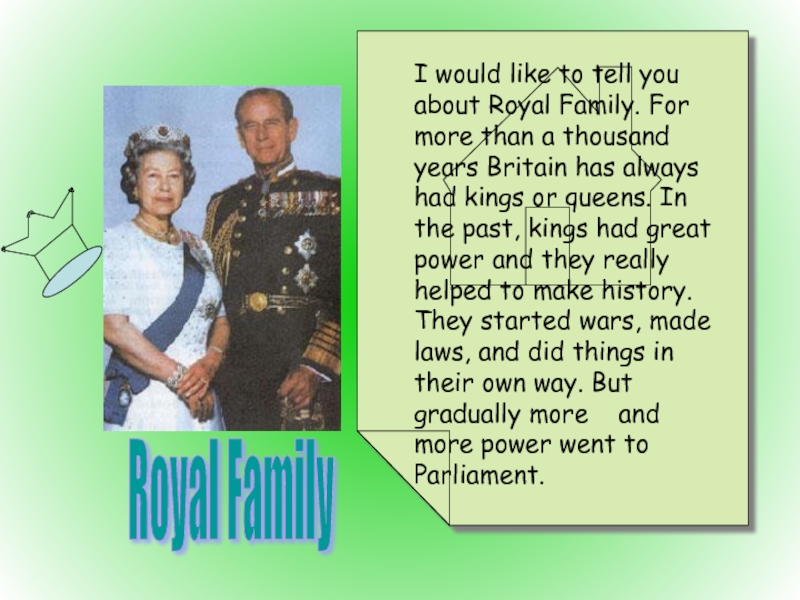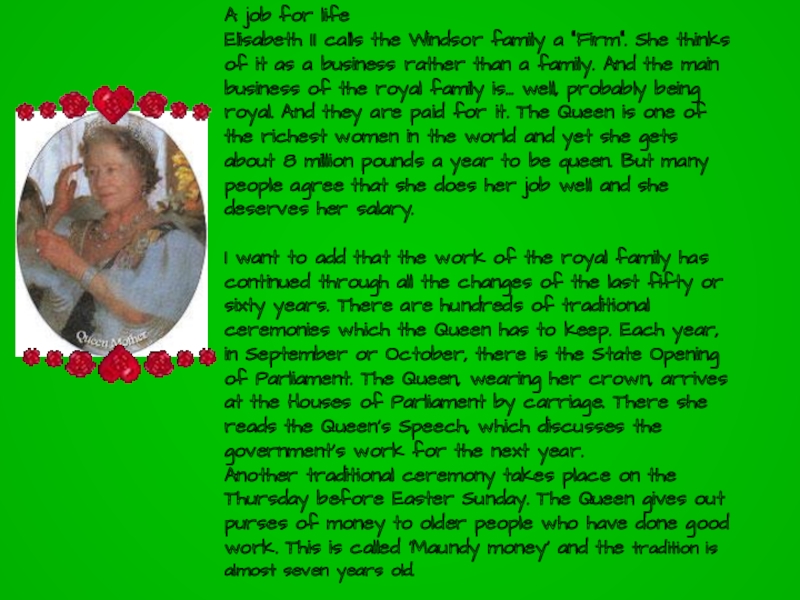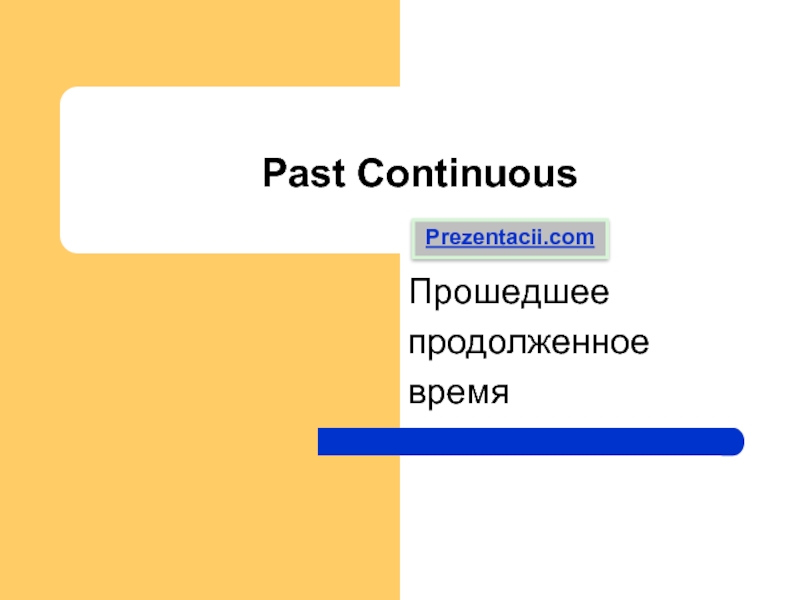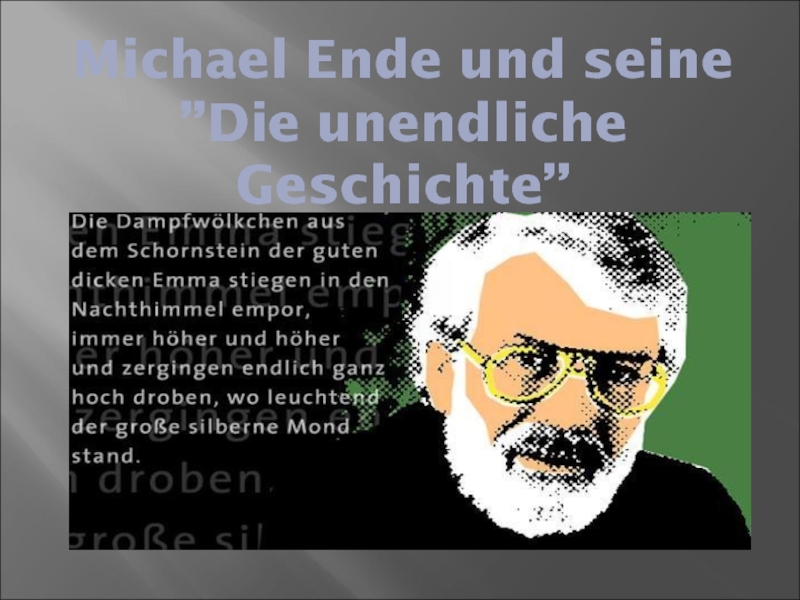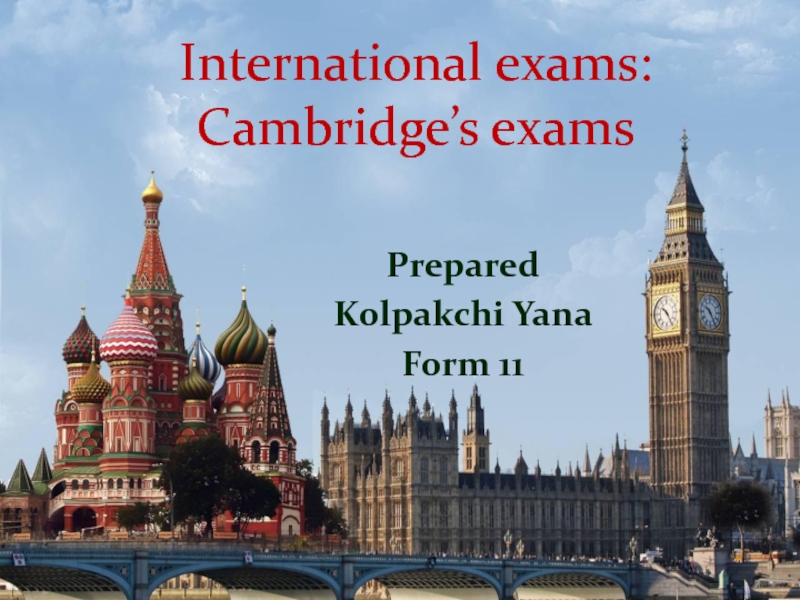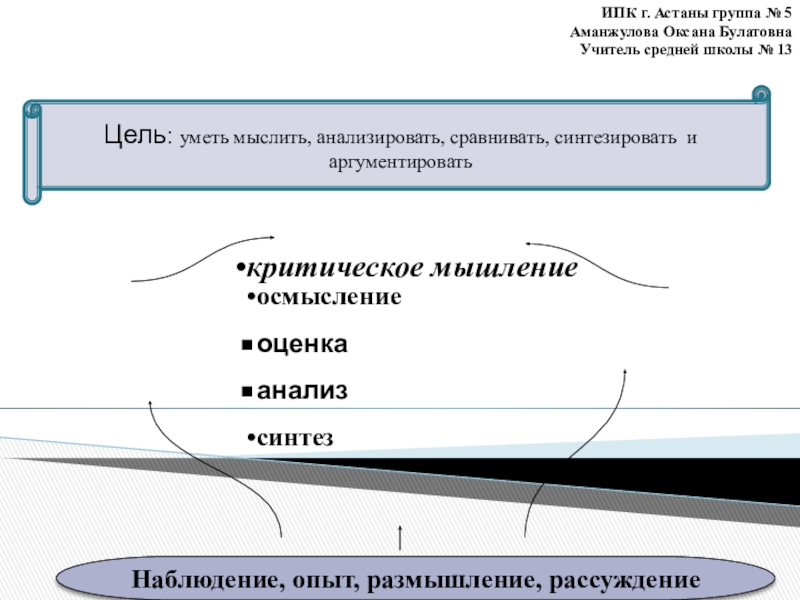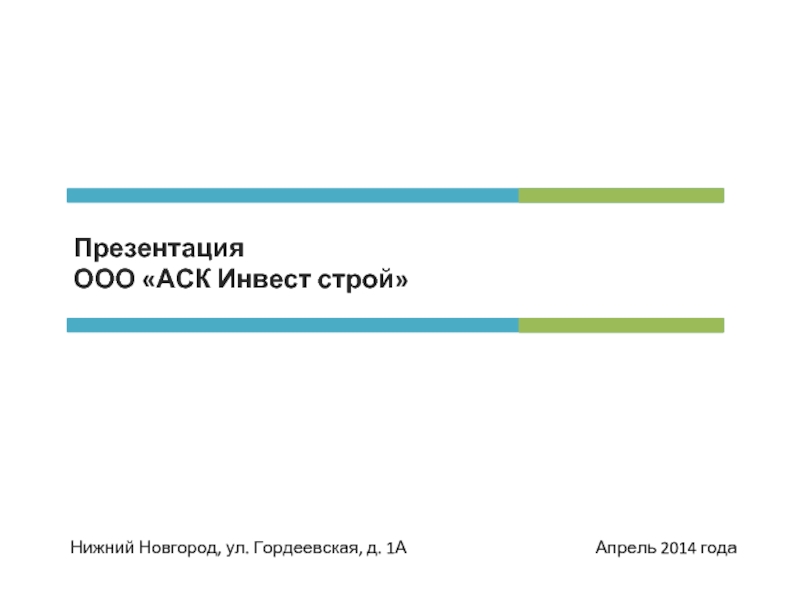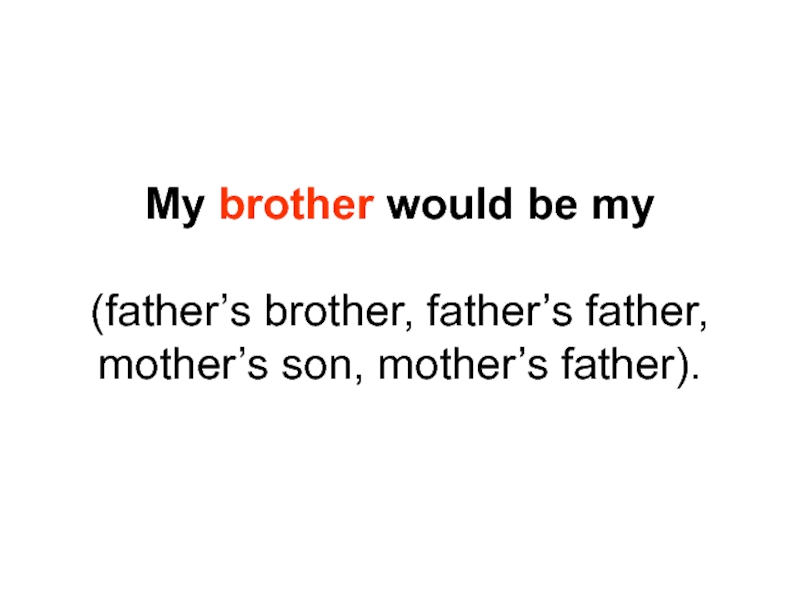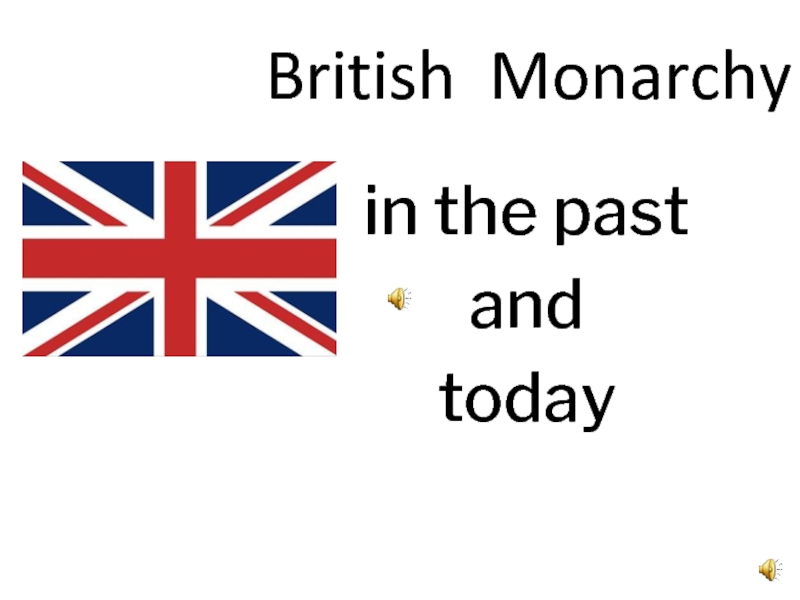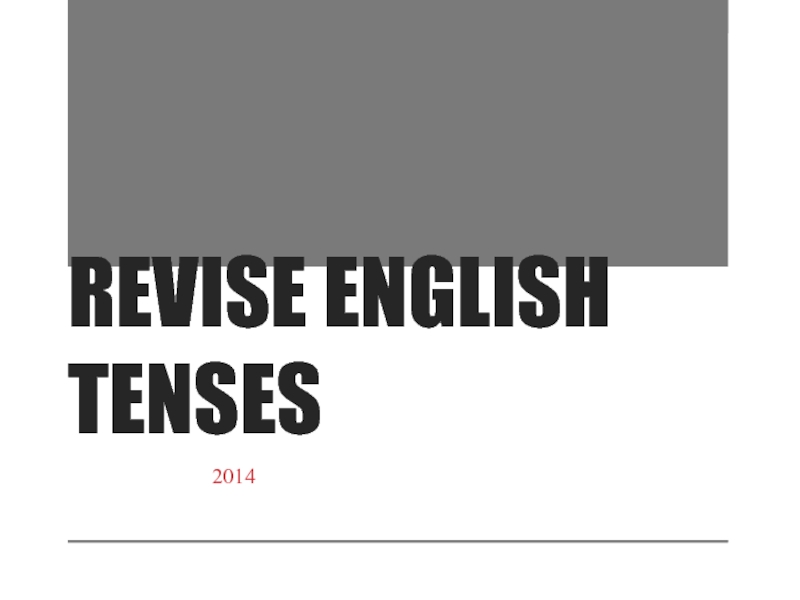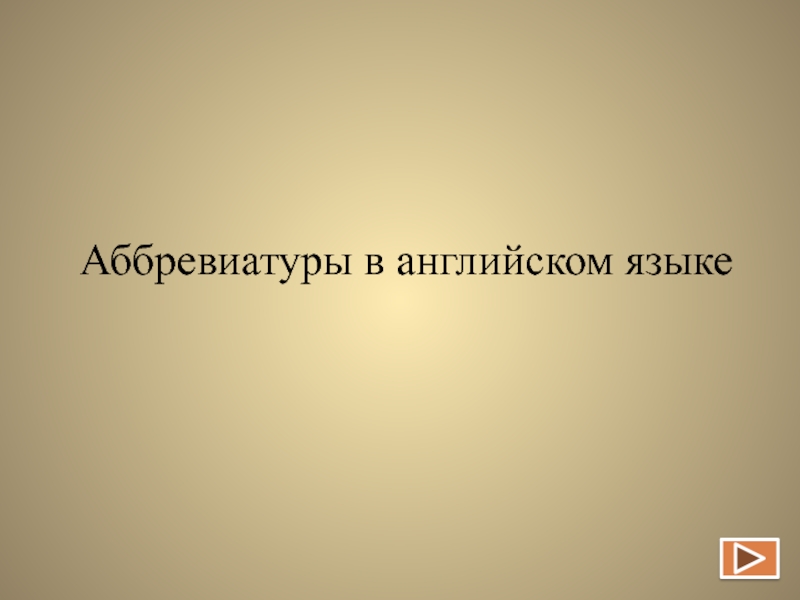unitary in structure. Thus, the powers of local government derive
from Parliamentary acts, and responsibility for the overall administration of the country rests with specified cabinet ministries. Local authorities, however, are essentially independent. The present structure was established by a Local Government Act in 1972. Shire counties have county, district, and parish councils. Metropolitan areas have joint authorities, district councils, and parish councils. District council members are elected for staggered four-year terms; most other councilors are elected for three-year terms. England has 39 counties and 7 metropolitan areas, including Greater London, which has a special government structure. Wales has 8 counties, and Scotland has 9 counties which are called regions. Northern Ireland has only district-level government, with 26 districts. There is no constitutional division of powers between central and local authorities in Britain, but local units are responsible for police and fire services, education, libraries, highways, traffic, housing, building regulations, and environmental health. In April 1990 a change in financing local government reduced local rates or property taxes and substituted a community charge, labeled a “poll tax.” This unpopular tax produced intense political debate and riots in London; it was replaced in 1992 with a property-based tax. The same legislation called for competitive bidding for local services such as garbage collection and street cleaning.
Local Government
